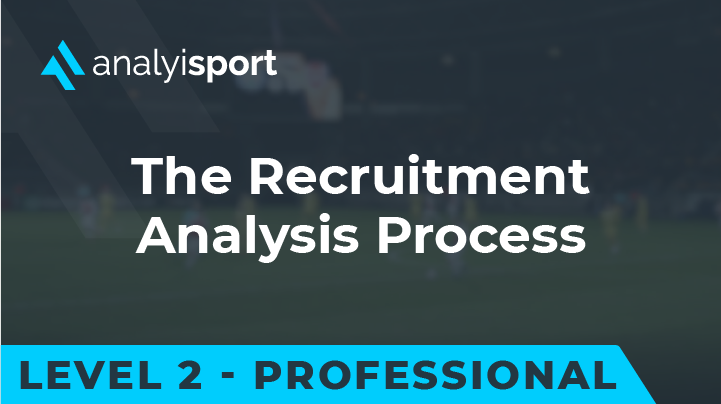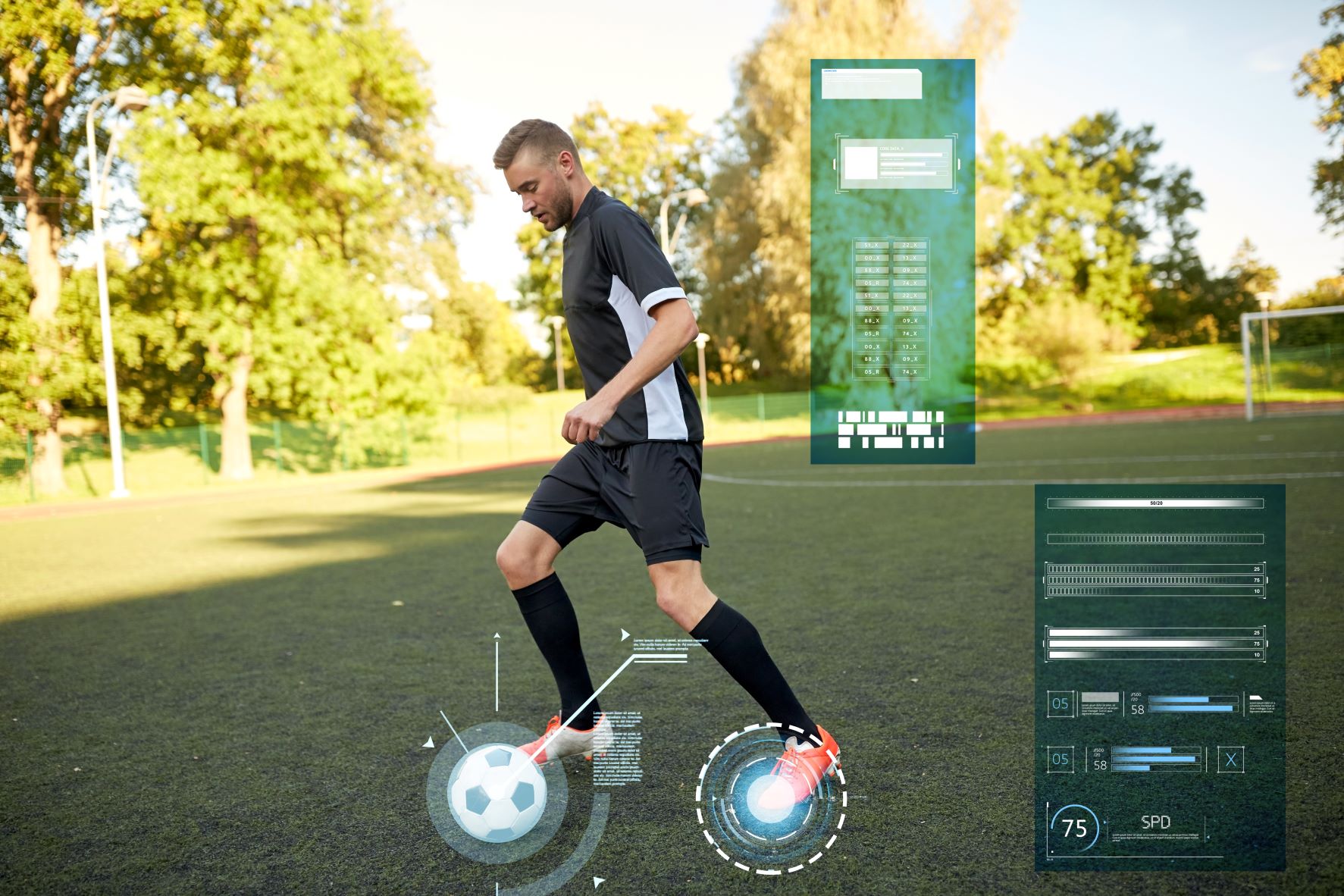What Qualifications Do I Need to Be a Football Scout?
What Qualifications Do I Need to Be a Football Scout?
There’s more than one way to become a football scout. In the past, it’s often been former players and coaches who have moved into the job. But as scouting has changed in recent years, the career is more open to people from a broader range of backgrounds.
Ashwin Raman is one example. The teenager from Bengaluru in India, was hired in 2021 as a scout and analyst by Scottish team Dundee United. “Stevie Grieve, the chief scout at Dundee United popped into my DMs and asked if I wanted a role at the club,” Aswin told the BBC. It was his first role in professional football, earned on the back of analysis work he’d published online.
Dundee United hiring Raman shows that football scouting is now a career open to anyone with the talent. But you still need to be able to show that you have the skills required to do the job. The qualifications you need will depend on what kind of scout you want to be and what previous experience you already have.
The Different Types of Football Scouts
Player recruitment in football has been transformed over the past decade. This has had a big impact on the way that recruitment departments are set up. There are now different jobs that a scout can do, some of which have only recently come into existence.
Let’s take a look at the three main ones.
Scout
Scouts are the ones who find new signings by attending matches and assessing the players on the field. They often cover a region, country, or division. For example, a club might have a scout whose job it is to attend games in Spain and report back on the players they’d recommend based on their own experience and intuition about who would make a good signing.
It’s the kind of scouting that’s been done for decades.
When they’ve identified a potential signing, they’ll often watch them several times. This helps them to gain a better picture of how consistently they perform and how well they play against a variety of opponents.
Video Scout
Rather than attending games, a video scout will analyse video footage provided by companies such as Wyscout. These clips are tagged, making it easy to find related clips of a player in certain situations, such as scoring goals or making tackles. This allows a video scout to focus on the skills they’re most interested in when analysing a potential signing.
A video scout will often use the clips in their report to the Head of Recruitment. Instead of simply writing out a list of the player’s strengths and weaknesses, they can illustrate them with video footage, making it easier for other people working in the recruitment process to form a judgement.

Recruitment Analyst
In the modern game, a vast amount of match data is recorded by companies such as Opta. This not only includes event data, such as the number of successful tackles a player makes, but also tracking data about how far they run and their average position of the pitch.
A recruitment analyst uses this data to find potential signings.
They will build a profile of the kind of player the club wants to sign and identify which statistics show that the player has the relevant skills. They will then search through the data for players who are good in these stats. The data allows for a more objective assessment.
These are the main three types of scout, but there’s sometimes an overlap between the roles. For example, at some clubs a video analyst will go to live matches like a traditional scout to help confirm what they’ve observed on video. New roles are also still emerging, such as the role of positional scout at clubs like Brighton and Hove Albion and Norwich City.
How to Become a Football Scout
Each of these scouting roles involves slightly different skills. But all of them require a solid understanding of football. You need to be able to read the game and be able to explain what is happening on the pitch and why a player is performing well or badly.
Watching as many matches as you can is a good start, especially live matches. Ask yourself which of the players is performing well and why. The next step is about gaining some expert knowledge. You’re going to need some experience and skills to put on your CV.
A great way to do this is to get involved with a local lower-league club. You can volunteer to do some scouting work for them, maybe shadowing one of their existing scouts, to learn some of the basics of how the scouting process works and how to work alongside other people at a football club.
It’s common for recruitment analysts to get their first experience with an internship. Not only does it provide an opportunity to work alongside professional analysts, they can often lead to permanent jobs afterwards.
Which Qualifications Will Improve Your Scouting CV?
Whether you have some experience or none at all, it will improve your CV to have some scouting qualifications. When it comes to scouting courses, there are a few different ones to choose from. The English FA offers a Talent Identification Course that teaches many of the fundamentals of traditional scouting.
As a lot of football scouting now involves data and video analysis, it’s important to learn about recruitment analysis and how to do it yourself. Even if you want to focus on being a traditional scout, data and video is now such a crucial part of the recruitment process, you’ll improve your chances of finding work if you have a good knowledge of it.
If you’re completely new to the topic, we have a foundation course that will teach you the essentials you’ll need for using video and data in player recruitment. Once you’ve completed that course, or if you already have enough experience, our Level 2 course in recruitment analysis will show you the best-practice methods used in the professional game.
How to Find Scouting Jobs
Once you’ve got some experience and qualifications, you can then start applying for scouting jobs.
There is a lot of competition for jobs in football, so try to be realistic about the jobs you apply for. Lower league clubs and academies can be a good place to start. The competition for these jobs tends to be a bit less intense and if you have limited past experience, you’ve got a better chance of landing one than you have landing a job in one of the world’s biggest leagues.
Scouting and recruitment analyst jobs are often posted on clubs’ own websites. There are also websites, such as Jobs in Football, which list many of the latest vacancies, although they don’t cover every single job that becomes available.
Twitter is also a good place to find jobs. If you search the #FootballJobs hashtag, you’ll come across many of the latest scouting jobs, including links to where you can apply for them. Some are also posted on LinkedIn.
Getting your dream scouting job isn’t something that is likely to happen quickly. It’ll take time to learn the skills you need and gain experience. But it’s worth it. Scouting can be a hugely rewarding job. Finding a player who goes on to sign for a club and play a key role in the first team is one of the most satisfying experiences in football.
To give yourself the best chance, you need to keep up to date with how modern recruitment departments work.
Whether you’re completely new to scouting, or have some experience and are looking to push on in your career, it helps to have a knowledge of the latest data and video analysis techniques. The more skills you can show on your CV, the better chance you’ll have of getting the scouting job you want.
Related Courses:

- Level 1
- Course
Level 1: Foundation in Recruitment Analysis in Football
£199.00 Original price was: £199.00.£85.00Current price is: £85.00.

- Level 2
- Course
Level 2: The Recruitment Analysis Process in Football
£199.00 Original price was: £199.00.£149.99Current price is: £149.99.

- Level 1
- Module
Level 1: Opposition Analysis in Football
£50.00
Share this article
Our Learning Pathways
AnalyiSport is for everyone who is passionate about analysis in football. Where are you in your development journey?
Become a Football Scout
As more clubs than ever look to build data into their recruitment process, an understanding of recruitment analysis is your ticket to success in the game.
Related Articles
Our team provides news and insights from the cutting edge of football analysis.




